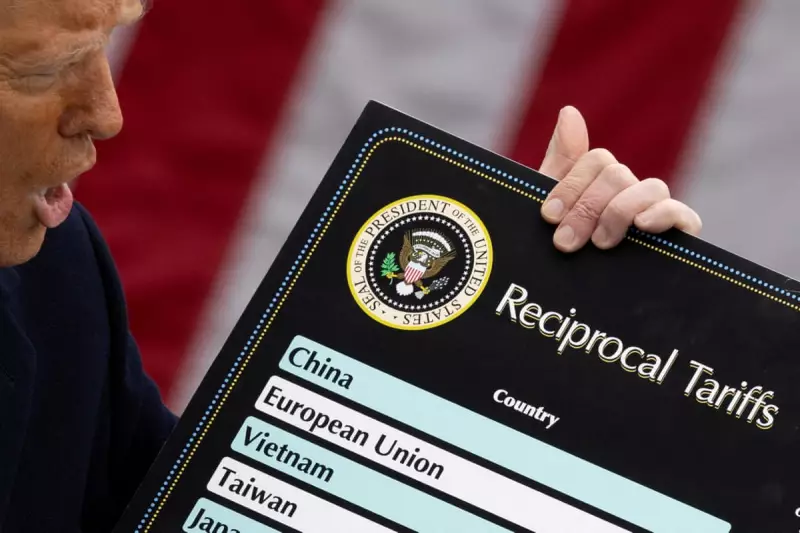
In a move that could redefine presidential authority, Donald Trump is actively seeking Supreme Court endorsement for unprecedented tariff powers that would circumvent Congressional approval. This constitutional gambit, revealed through recent court filings, positions the former president for a dramatic expansion of executive power should he return to the White House.
The Legal Battle Over Trade Authority
Trump's legal team has launched a strategic offensive in the federal courts, arguing that the president possesses "inherent constitutional authority" to impose tariffs without legislative consent. This controversial interpretation challenges decades of established trade governance and could fundamentally alter the balance of power between the executive and legislative branches.
Implications for Global Trade
Legal experts warn that success in this judicial campaign would grant Trump—or any future president—sweeping authority to unilaterally reshape international trade relationships. The potential for widespread 10% tariffs on imports threatens to destabilise global markets and trigger retaliatory measures from trading partners.
Constitutional Scholars Raise Alarm
Prominent constitutional lawyers have expressed grave concerns about the theory underpinning Trump's legal strategy. They argue that the Constitution explicitly grants Congress the power "to regulate Commerce with foreign Nations," making the president's attempt to claim such authority a dangerous overreach.
Political Reactions and Ramifications
The Biden campaign has seized upon these legal manoeuvres, characterising them as evidence of Trump's authoritarian tendencies. Meanwhile, Congressional leaders from both parties are increasingly alarmed about the potential erosion of legislative authority over trade policy.
What This Means for Future Governance
This legal battle represents more than just a dispute over tariff implementation—it questions the very foundations of American constitutional governance. The Supreme Court's eventual ruling could establish a precedent with far-reaching implications for presidential power across all policy domains, potentially reshaping the American political landscape for generations.





